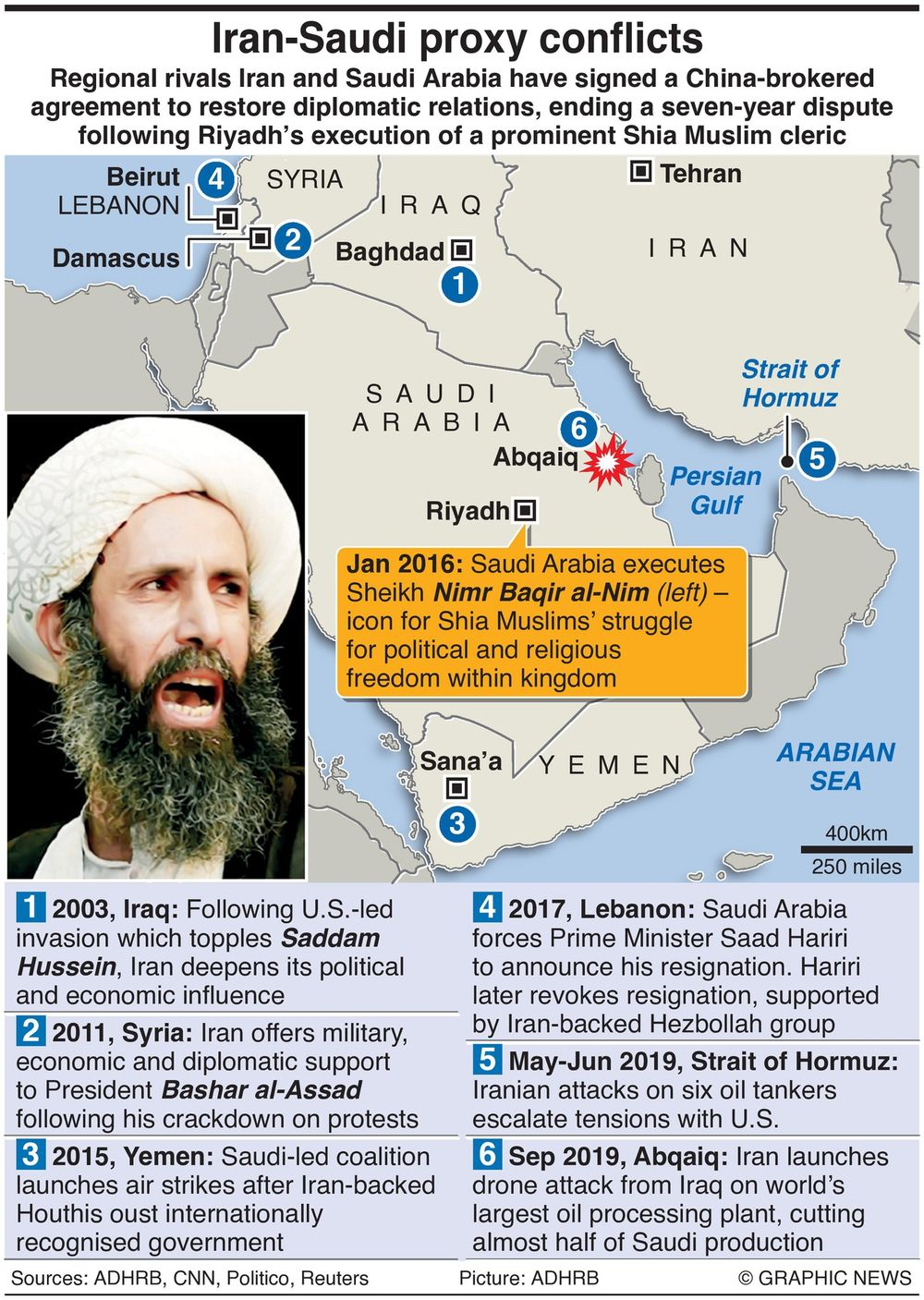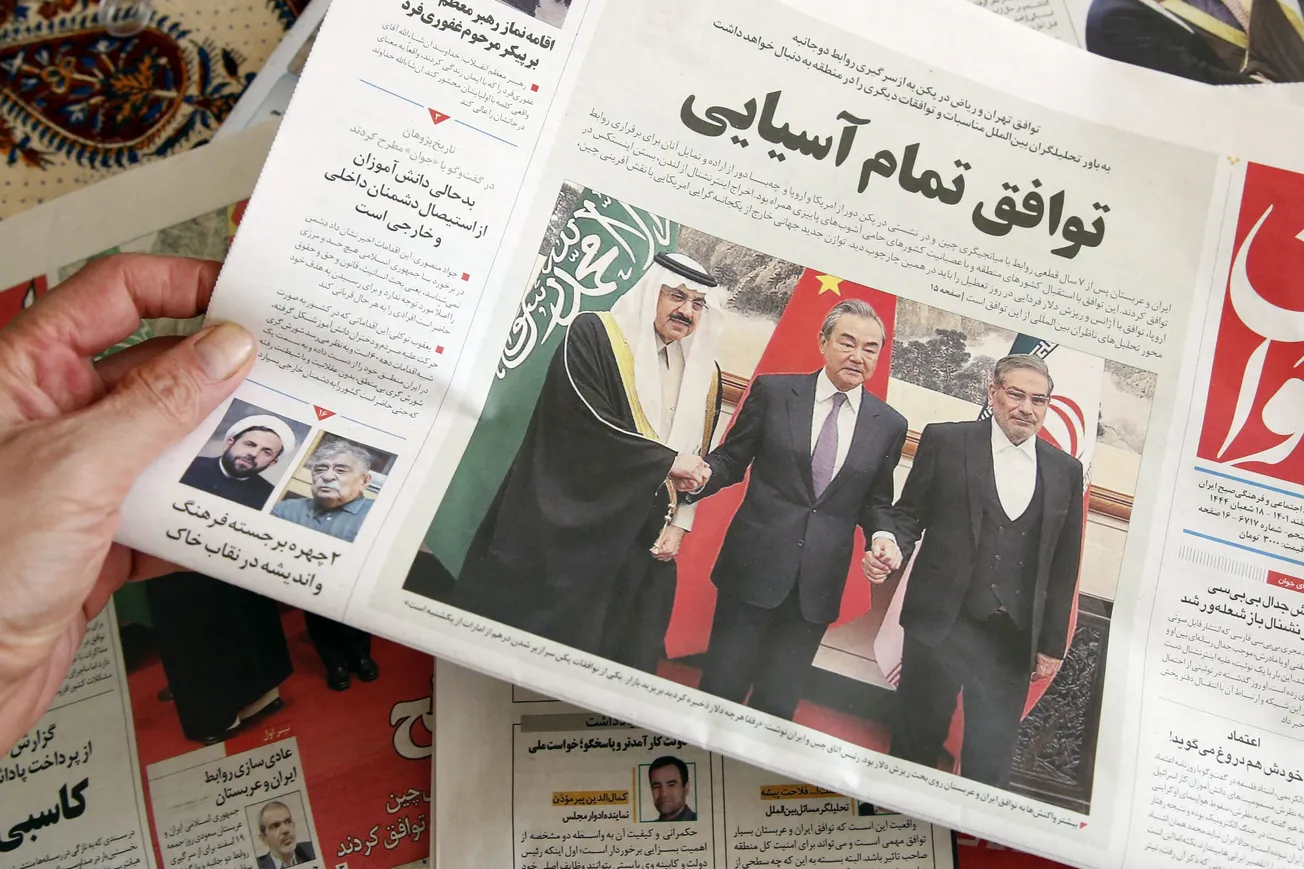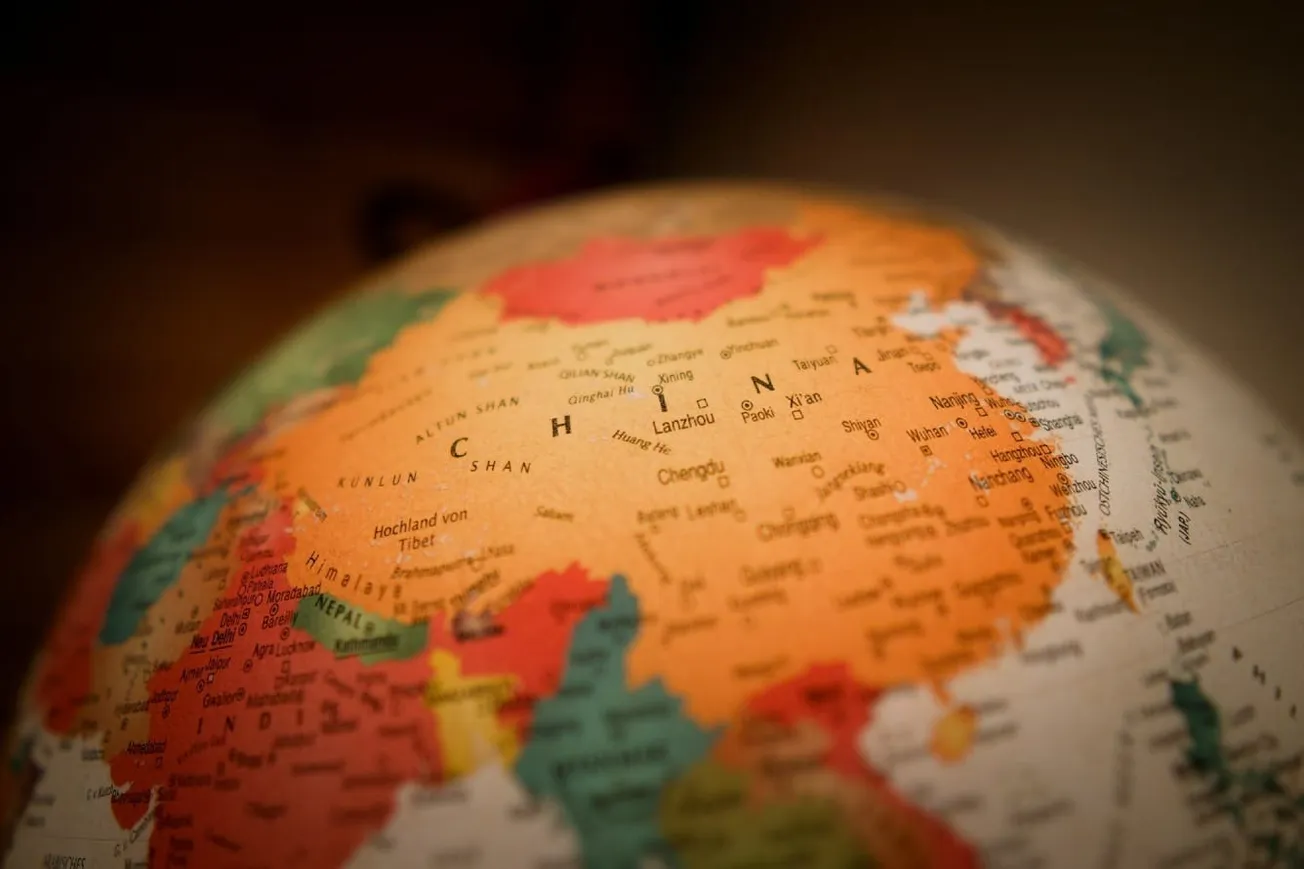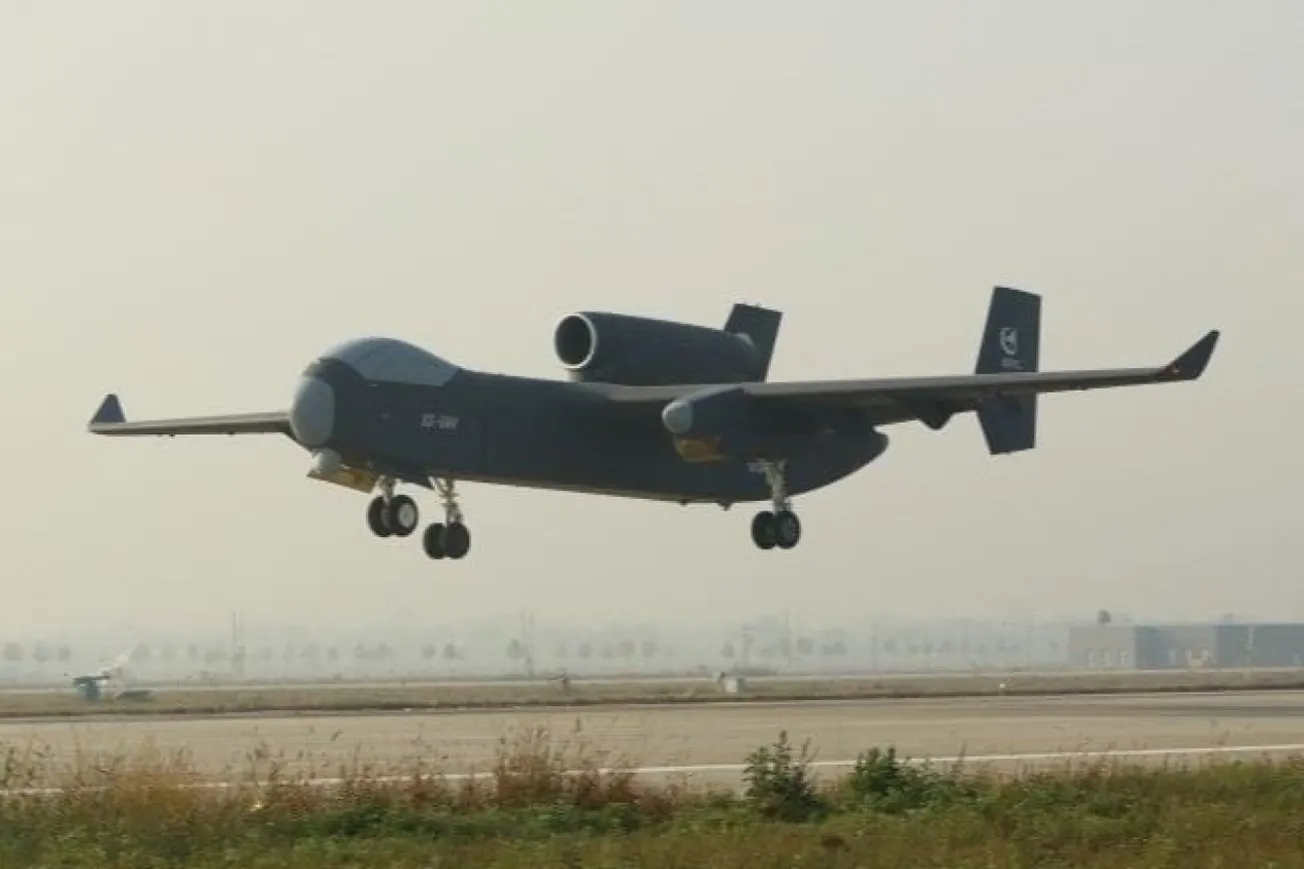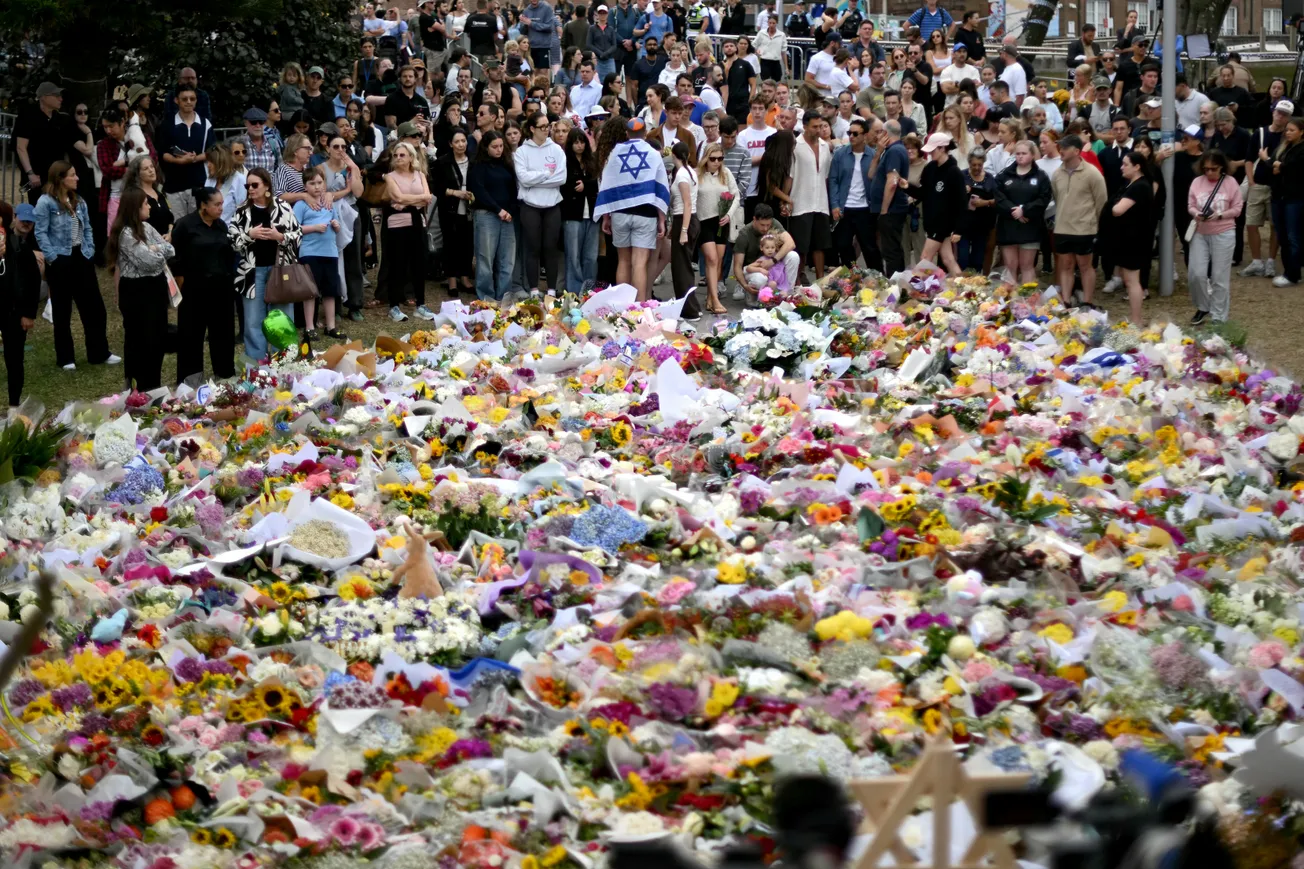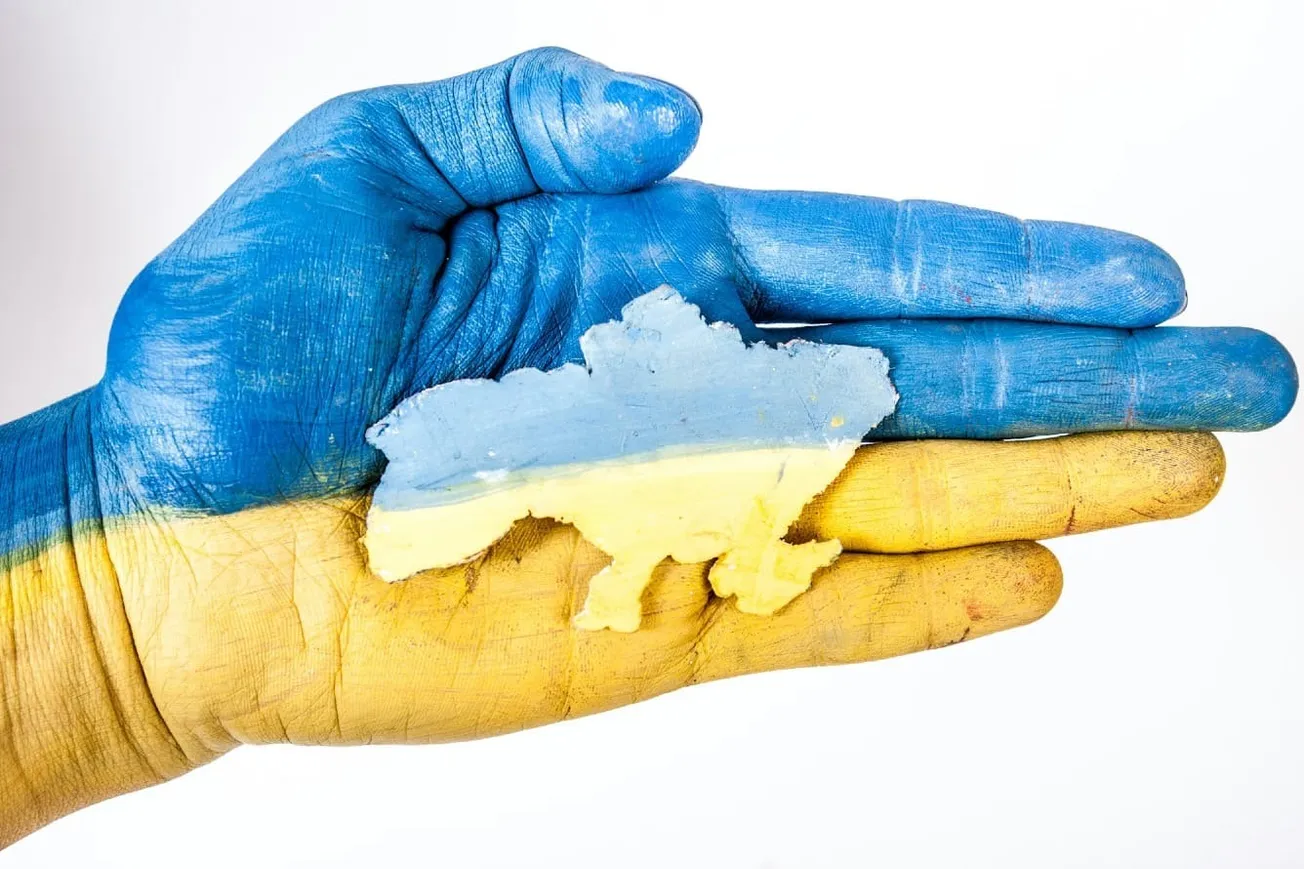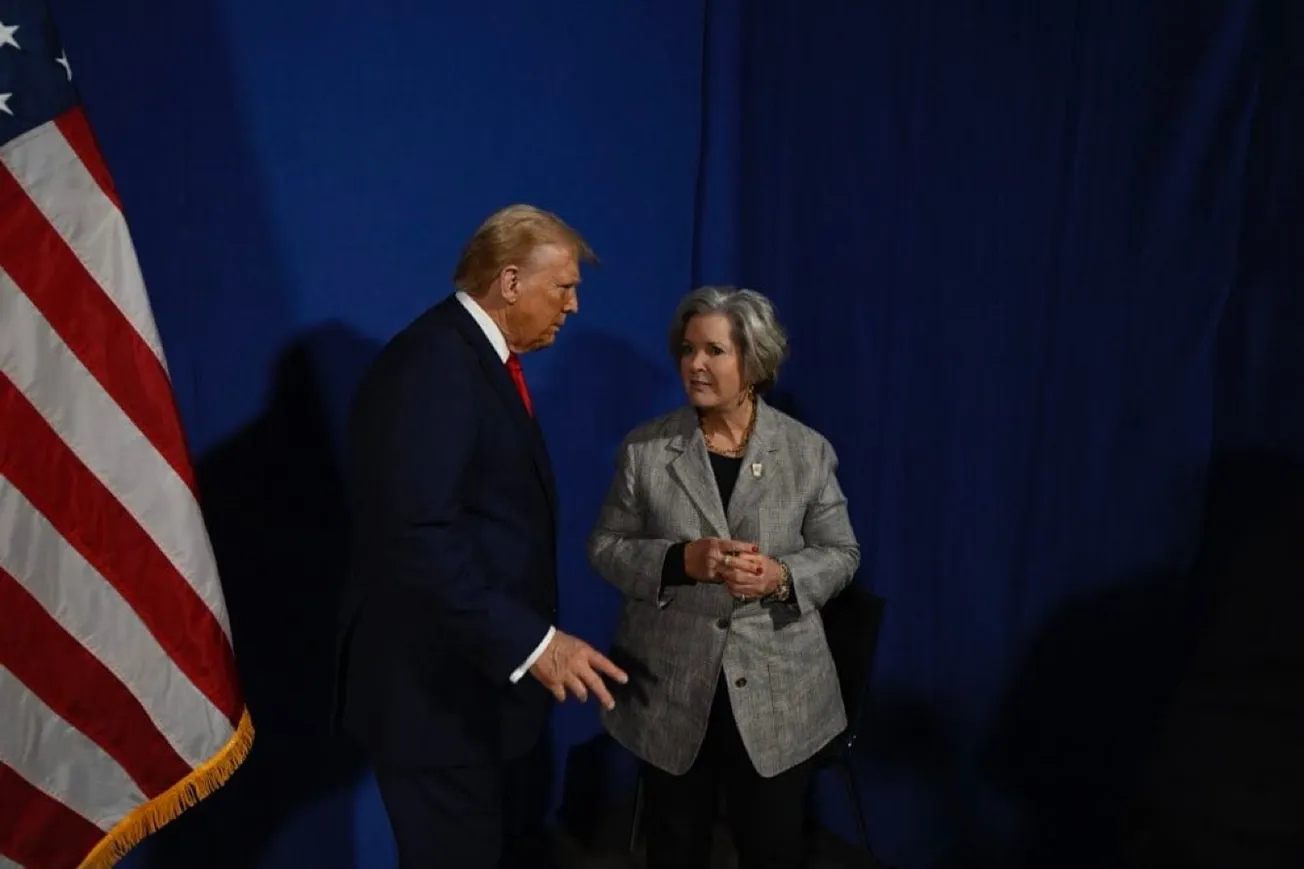The announcement that Riyadh and Tehran had agreed to restore diplomatic ties after secretive, four-day talks in Beijing surprised many. The diplomatic coup, brokered by China, .
The resumption of diplomatic ties between the regional rivals and the proposed opening of their embassies within two months brings to an end hostilities that came to a head in 2016. Riyadh accused Tehran of failing to protect the Saudi embassy and of inciting the protests following the execution of a prominent Shiite cleric, Sheikh Nimr al-Nimr, by Riyadh. Sheikh Nimr was a vocal critic of the Saudi government and had called for greater rights for the Shiite minority in Saudi Arabia.
Riyadh, in retaliation, severed diplomatic ties and cut off trade and travel ties with Iran. Other Arab states, including Bahrain, Sudan, and the United Arab Emirates, also broke diplomatic relations with Iran in solidarity with Saudi Arabia.
The break in diplomatic relations culminated years of tension and competition between Saudi Arabia and Iran for regional influence. The rivalry between the two countries runs deep and spans religious, geopolitical, and commercial interests.
Saudi Arabia is predominantly Sunni Muslim, while Iran is primarily a Shiite Muslim country. The former is a conservative monarchy, while the latter is an Islamic Republic with an elected government. The two have criticized the other's political systems and accused each other of meddling in internal affairs. Riyadh and Tehran have sought to expand their influence in the region for decades and supported opposing sides in numerous conflicts to exert their control. The two major oil-producing nations have vied to dominate oil resources and international markets.
The tensions between the two have influenced and contributed to the instability in the Middle East. The two regimes have engaged in proxy wars and accused each other of plotting to attack the other. In Yemen, the internationally recognized government is exiled in Saudi Arabia after the Houthis seized the capital, Sanaa. The Houthi rebels enjoy Iran's support, while Saudi Arabia has led a coalition of Arab states fighting against them. On the other hand, Tehran has been supporting the Syrian government in its civil war, while Riyadh has supported opposition groups in the country. In recent years, Saudi Arabia has accused Iran of conducting missile and drone strikes on its oil facilities. Iran-backed Houthis are also suspected of having carried out attacks within the Saudi kingdom.
The newly announced agreement has the potential to tilt the balance of power in the region, though Washington has expressed skepticism that Tehran will meet the terms of the deal. Though the chief mediator is said to be Iraq, a country that lies between Iran and Saudi Arabia, Beijing is taking the credit, calling it a "victory for dialogue and peace." China is basking in its role as peacemaker and diplomatic negotiator, a significant step away from its hawkish aggressor role.
For its part, Saudi Arabia is seen as stepping out of Washington's shadows and aligning with the other oil producers and trade allies. With the U.S. and the West focused on thwarting Russia in Ukraine, the sense that America is less focused on the Middle East and its problems has taken root. Saudi Crown Prince Mohammed bin Salman had snubbed President Biden's request to up oil production to offset the shortage created by sanctions on Russia. Without the unconditional support of the U.S., Riyadh understands that it cannot remain at odds with its powerful neighbors.
Saudi Arabia recently hosted the Chinese President, signaling that it is willing to work with America's rivals to safeguard the kingdom's interests. Riyadh was willing to conduct oil trade in yuan, the Chinese currency. The kingdom, like Beijing, is often criticized for its human rights violations. China and Saudi Arabia, under authoritarian rulers, may find a pragmatic, working partnership unhindered by what they consider "interference in domestic matters."
Iran is looking for powerful allies to circumvent sanctions imposed by the West and ends its isolation on the international stage. Recently, Iran's hard-line President Ebrahim Raisi visited Beijing, signaling the fostering of new relations. Energy-hungry China is willing to foster ties with countries that can meet its needs without paying heed to its politics or upsetting radical regimes.
Tehran has supported the Russian military in the Ukraine war and will likely receive help with its nuclear program. The Saudis have opposed Iran's nuclear ambitions citing that it will destabilize the region. It remains to be seen if the thawing of the relationship will have any implications on the conservative regime's nuclear pursuits. With de-escalating regional tensions, Tehran hopes to change its fortunes and rebuild its economy as it struggles to quell mounting protests.
Should the agreement pan out, it could bring relief to the people of two nations not part of the deal – Syria and Yemen. If Tehran and Riyadh can put aside their differences, peace may return to these countries that civil wars have destroyed. The question is, will the four-day talks that Ali Shamkhani, the secretary of Iran's Supreme National Security Council, described as "clear, transparent, comprehensive, and constructive" actually rid the countries of decades-old rivalry and pave the path for a peaceful future?
Related Infographics:
